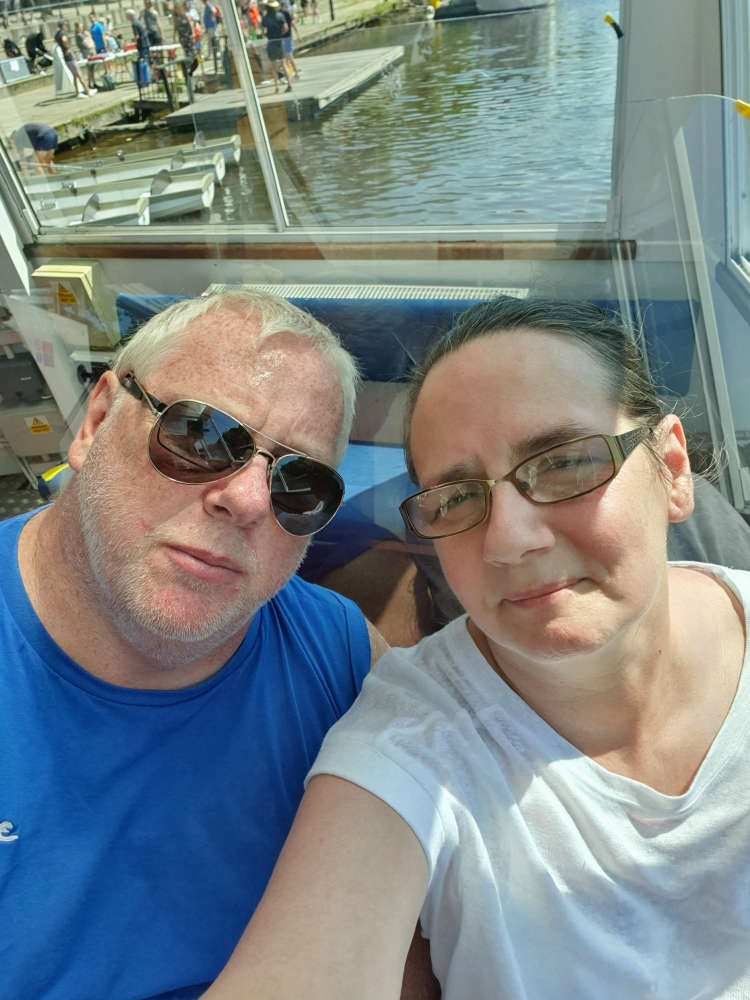
A report out today from NHS Blood and Transplant shows that despite the strains that Covid-19 put on the NHS over the last year, 324 people in the North West had their lives saved by an organ transplant.
In total, 3,391 people in the UK had their lives saved thanks to 1,180 people donating their organs after death.
The Organ and Tissue Donation and Transplantation Annual Activity Report 2020/21 shows that despite the global Covid-19 pandemic, levels were sustained at 75% of normal deceased donation activity and around 80% of normal transplant activity across the UK, which is testament to the strong foundation of altruism from families, support for donation across the UK and the dedication of clinical teams.
The number of patients registered on the active waiting list for a transplant in the North West fell to 594 at the end of March 2021, however, this does not fully reflect the number of people who need an organ transplant. Many patients were removed from the transplant list or transplant programmes closed during the peak of the pandemic as it was riskier to carry out transplants and NHS resources were under extra pressure.
John Forsythe, Medical Director of Organ and Tissue Donation and Transplantation, at NHS Blood and Transplant, says:
“This past year has been completely unprecedented in the history of the NHS, as well as in our wider society. So, the fact that 324 people in the North West received an organ transplant is amazing.
“Each one of us in the wider clinical team of donation and transplant, across the UK, are immensely proud of the work to keep organ donation and transplants happening in the most challenging circumstances. But our commitment is nothing compared with donors and their families – the gift of life has been donated by 171 people in the North West in the midst of a tragedy made even more difficult by Covid restrictions.
“However incredible this achievement, we mustn’t forget that there are still thousands of people in need of lifesaving organ transplants and we are doing our utmost to work with clinical teams and donor families to try and close the gap between those receiving a transplant and those still waiting.”
The number of families giving consent/authorisation for organ donation to go ahead has risen this year, from 68% to 69% overall for donation across the UK. This is particularly significant, as the pandemic and subsequent lockdown brought immense challenges for patients and their families. With many relatives often unable to visit or be with their loved ones in hospital, consent for organ donation was even more difficult for families as these sensitive conversations often had to be done virtually rather than face to face.
Linda Payne, aged 53 from Ellesmere Port, has had a transplant during the pandemic. She has five grown up children, nine grandchildren and is celebrating 39 years of marriage this year.
Linda suffered a heart attack four years ago while meeting friends in the pub. Two years ago she was told that she would need a heart transplant. Linda received a new heart in September 2020. Initially all went well, but complications left Linda in a coma and she has had to learn to walk again. Linda still suffers from shortness of breath and can be unsteady on her feet.
She says “Right up until my heart attack I was healthy. In 2017 I had driven Wrexham to pick up my son in law, I came home for some pizza and then I got dressed to go out to the local pub which is a five-minute walk away. I chatted to some friends in the pub and as I stood up to order a pint I felt really dizzy. I went outside for some fresh air and when I went back into the pub I collapsed on the floor. The left side of my heart went and my blood pressure was in my boots. I was taken to hospital where I was told I was suffering from heart failure. I was put in intensive care for three days.
“Two years later my consultant told me that the only way forward for me was to have a heart transplant. I had an ICD fitted after my heart attack and I was put in contact with the hospital consultants in Manchester.
“I went in for a heart catheter and I was put onto the urgent transplant list in August. I went into the hospital but I couldn’t see my husband for about a week because of the Covid restrictions. I was told there was possibly a heart available, but another patient who was more urgent received it. There was four of us in the ward, and one of them was a hairdresser, so I said, ‘I’ll have a new hairdo instead!” He cut my hair, and I put a message out to my friends on Facebook that I couldn’t get a new heart, so I got a hairdo! The day after the hospital team came back to me to let me know that they had another heart. I phoned my best mate and video called my husband as I went down to the theatre. It was an emotional time.
“Everything went well with the operation but the day after my body rejected the heart. I was in a coma for five weeks, spent 10 weeks in Intensive care and I’ve had to learn to walk again.
“I’m steady on my feet now around the house, but if I go out I have to use a walking stick. I can’t dance or dish up dinner. It really does take it out of me. I do sing a bit of karaoke but I would like to get up and have a jig. I would also love to see the donor’s family to thank them personally.”
The change in the law last May in England and in March 2021 in Scotland, means it will be assumed that people want to be a donor after death unless they register otherwise [1]. Even though the law around organ donation has now changed, it is important to know that people still have a choice and families will still be consulted before organ donation goes ahead.
This new report shows the number of people opting to potentially be an organ donor after their death rose in 2020/21 and opt-in registrations on the NHS Organ Donor Register now stand at 26.7 million – with just 2 million opting out of deceased organ donation.
Unfortunately, Covid-19 also had an impact on living donation just as it did in most other countries. Living donor transplants fell to 43 in the North West, this was due to the fact that we had to pause the UK Living Kidney Sharing Scheme for the safety of both the patient and the donor during the peak of the pandemic. This has now resumed, and every effort is being made to ensure that it continues to run smoothly.
John Forsythe continued: “We realise this has been a very worrying time for those patients who are waiting for a transplant and the families supporting those patients. We would like to reassure them that the recovery of organ donation and transplantation, both living and deceased, is well underway and deceased donation rates are back to pre-COVID levels thanks to the huge support of all those families who agree to donation and the clinical teams who work tirelessly to get the best outcome for patients.”
To view the Transplant Activity Report 2020/21 in full, please visit:
[1] Those excluded include people under 18, those who lack the mental capacity to understand the new arrangements and take the necessary action; people who have lived in England for less than 12 months; those who are not living here voluntarily and those who have nominated someone else to make the decision on their behalf.
*Figures as of 31 May 2021
NHS Blood and Transplant
NHS Blood and Transplant is a joint England and Wales Special Health Authority. We provide the blood donation service for England and the organ donation service for the UK. We also provide donated tissues, stem cells and cord blood. We are an essential part of the NHS, saving and improving lives through public donation.
Organ donation
- It is quick and easy to join the NHS Organ Donor Register. Call 0300 123 23 23 or visit www.organdonation.nhs.uk
- Families are always involved in organ donation discussions. You can make things easier for your family by telling them you want to donate.
- Every day across the UK someone dies waiting for an organ transplant
- Anyone can join the NHS Organ Donor Register, age and medical conditions are not necessarily a barrier to donation.
- One donor can save or transform up to nine lives through organ donation and save and transform even more by donating tissue.
Pictured - Linda Payne, aged 53 from Ellesmere Port,
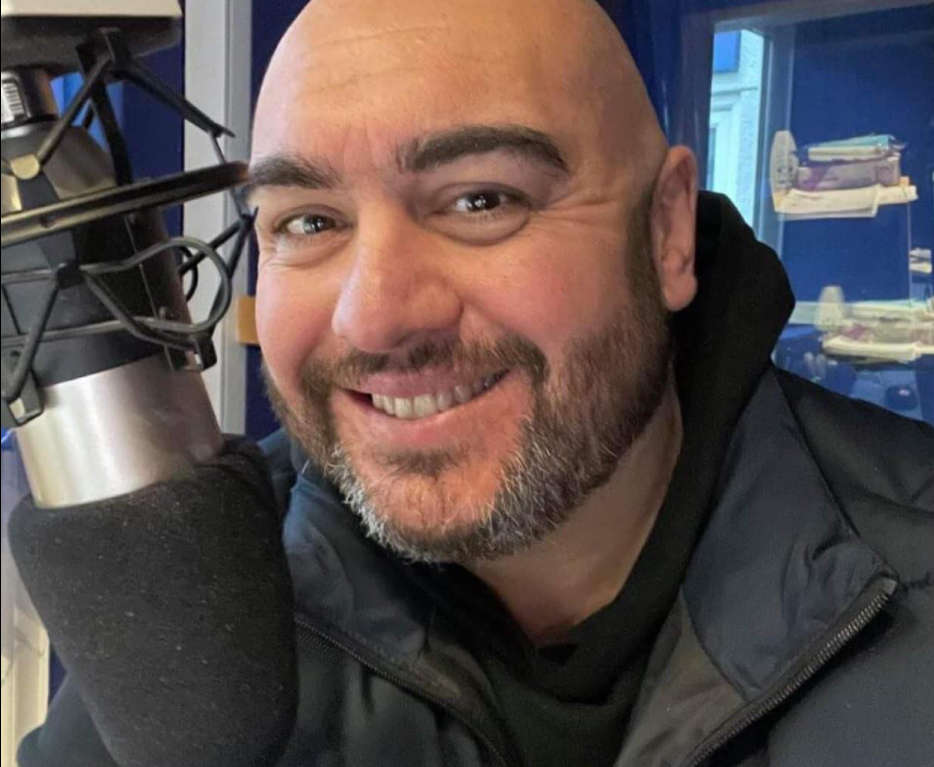

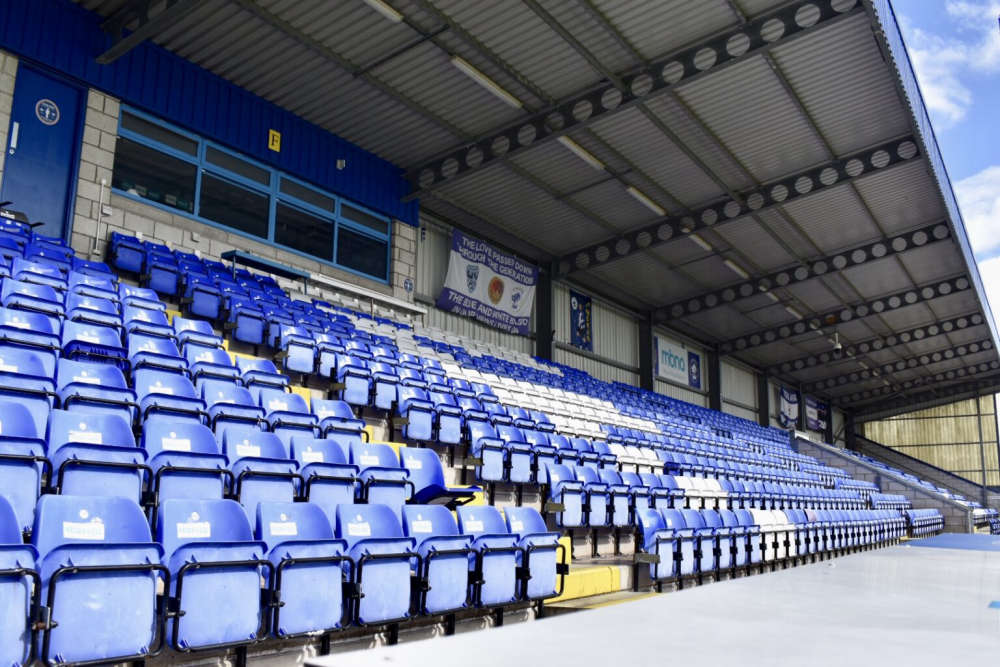 CHESTER FC STATEMENT
CHESTER FC STATEMENT
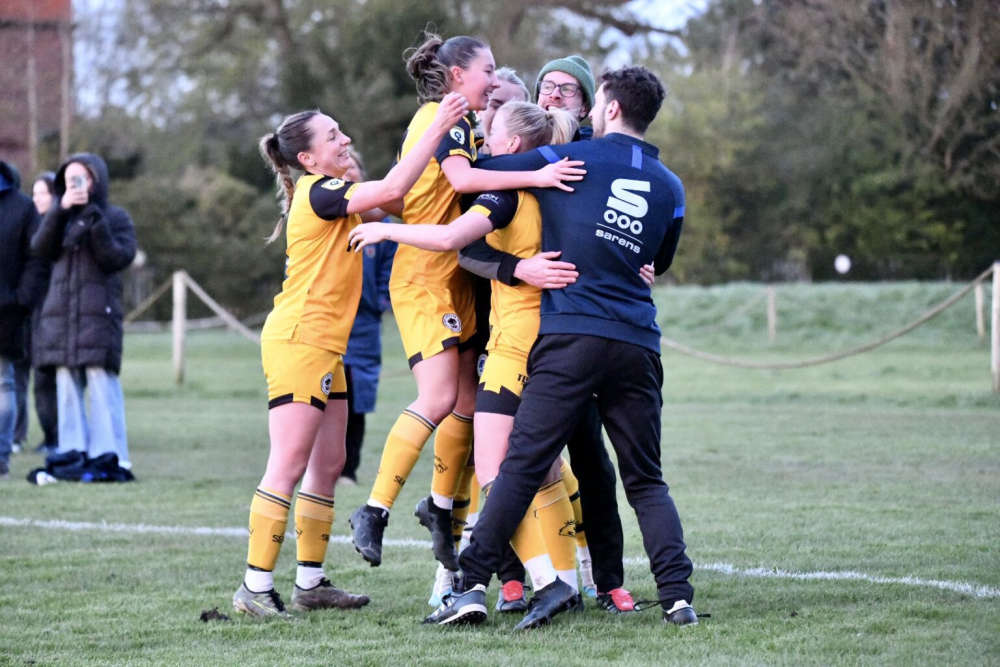 MATCH REPORT: ELLESMERE PORT TOWN 3 - 4 CHESTER WOMEN
MATCH REPORT: ELLESMERE PORT TOWN 3 - 4 CHESTER WOMEN
 People in Chester are invited to join a singing celebration to mark Global Intergenerational Week
People in Chester are invited to join a singing celebration to mark Global Intergenerational Week
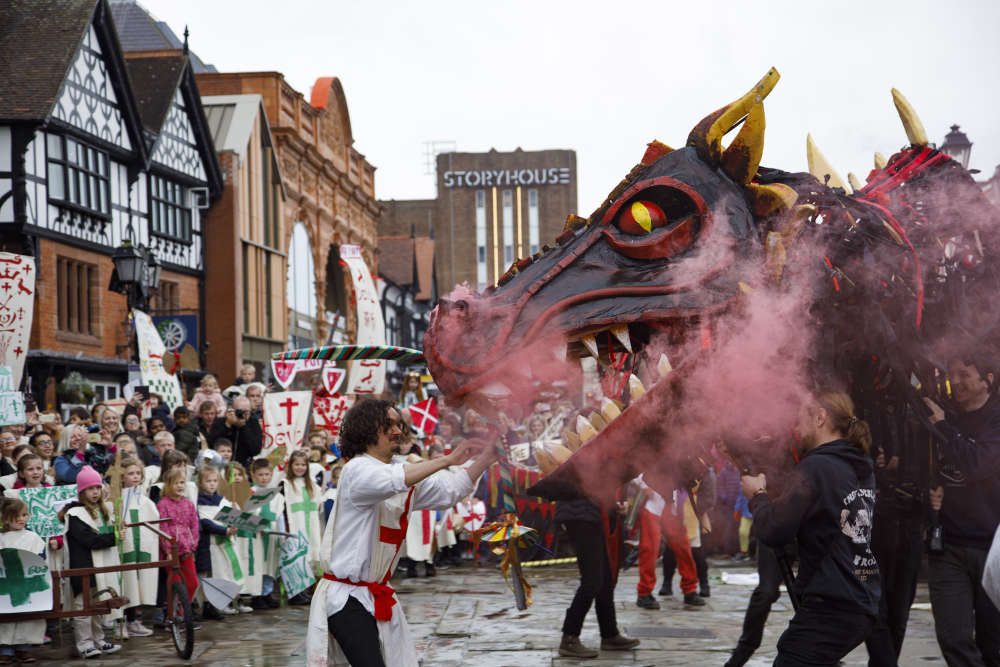 St George returns to Chester on Tuesday 23rd April
St George returns to Chester on Tuesday 23rd April
 Man jailed for stalking Chester MP
Man jailed for stalking Chester MP
 Hundreds of well-dressed ducks gear up for Chester Duck Race
Hundreds of well-dressed ducks gear up for Chester Duck Race
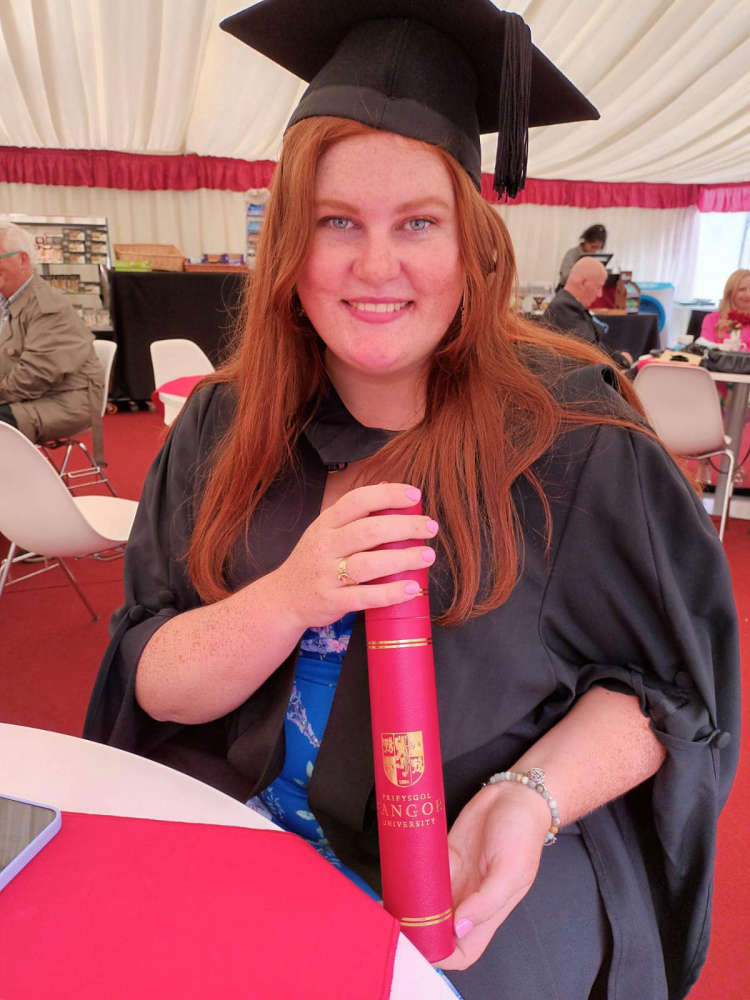 Police appeal for witnesses to fatal collision in Elton as family pay tribute
Police appeal for witnesses to fatal collision in Elton as family pay tribute
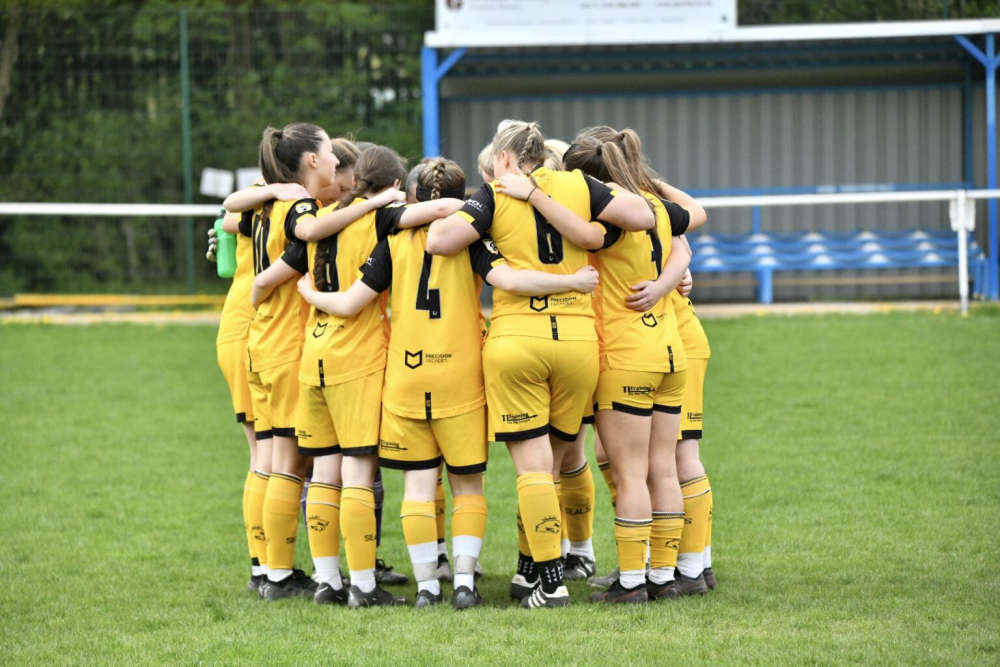 MATCH REPORT: WYTHENSHAWE 4 - 2 CHESTER FC WOMEN
MATCH REPORT: WYTHENSHAWE 4 - 2 CHESTER FC WOMEN
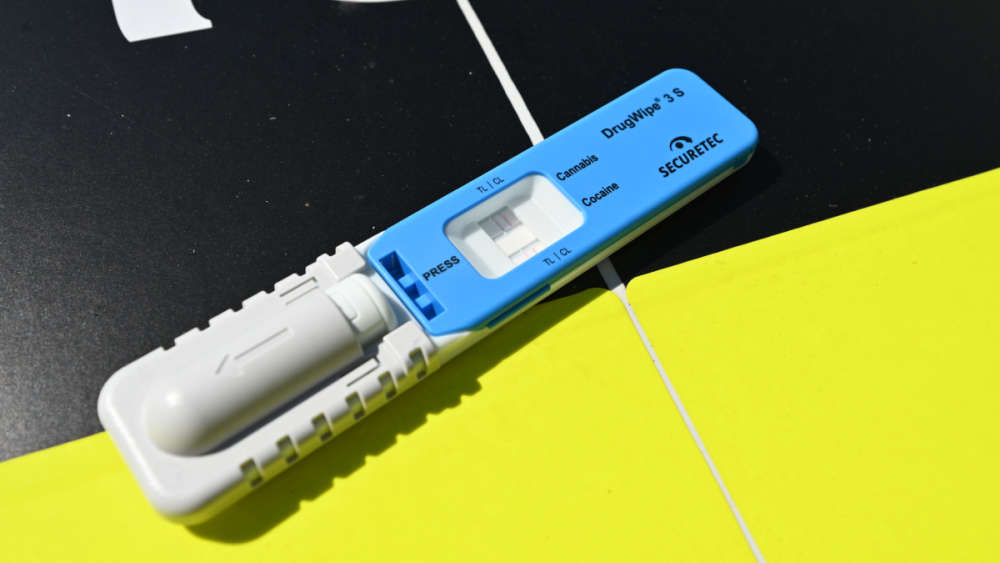 Cheshire Police among top performing forces for tackling drink and drug driving
Cheshire Police among top performing forces for tackling drink and drug driving
 ROLES UP FOR GRABS AS CURTAIN SET TO RISE ON THEATRE COMPANY'S NEW PLAY
ROLES UP FOR GRABS AS CURTAIN SET TO RISE ON THEATRE COMPANY'S NEW PLAY
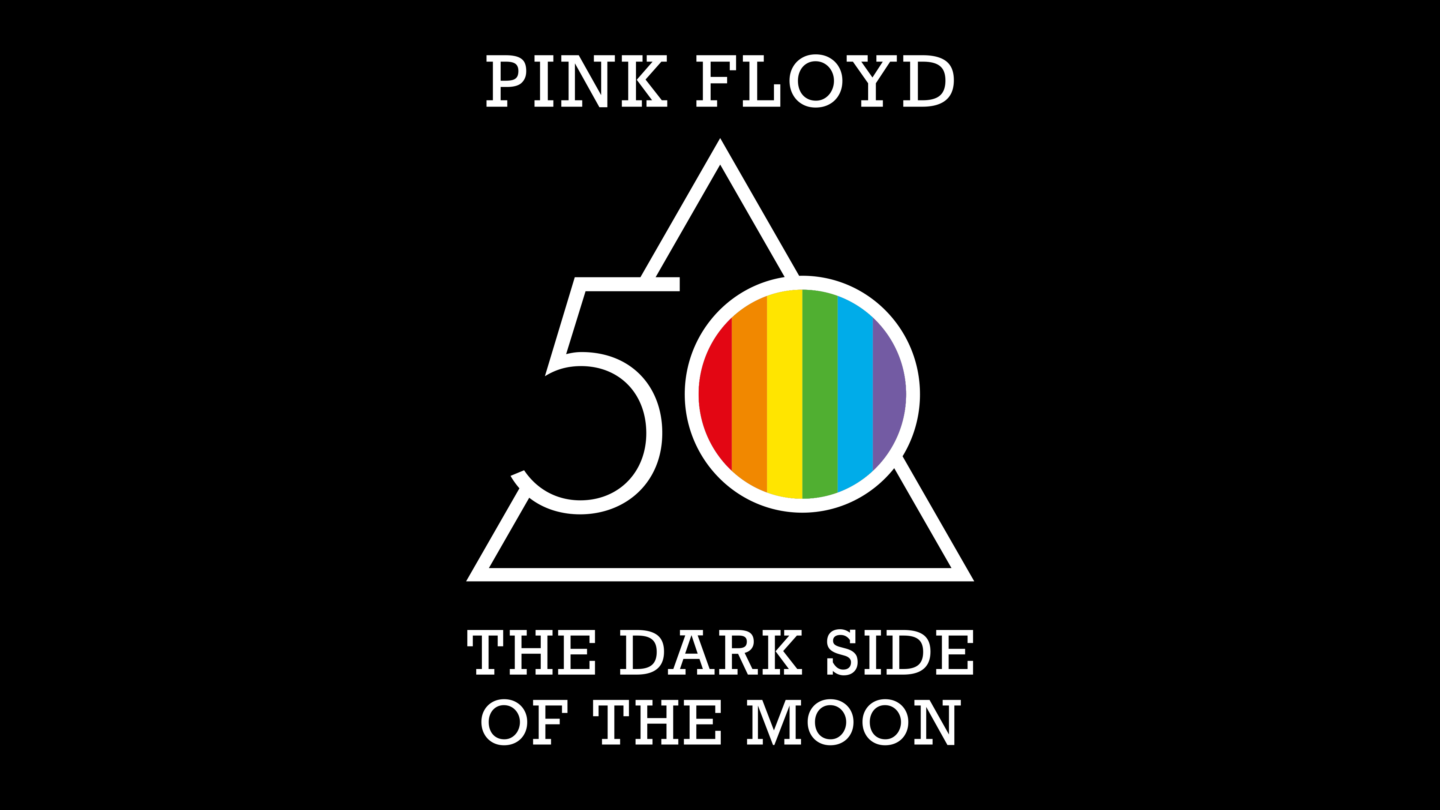 Pink Floyd: The Dark Side of the Moon returns to Jodrell Bank
Pink Floyd: The Dark Side of the Moon returns to Jodrell Bank
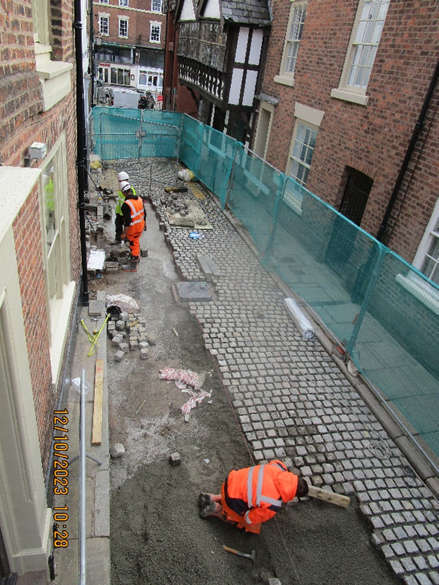 Welsh Water presents to Chester Residents Associations about pollution in the River Dee
Welsh Water presents to Chester Residents Associations about pollution in the River Dee
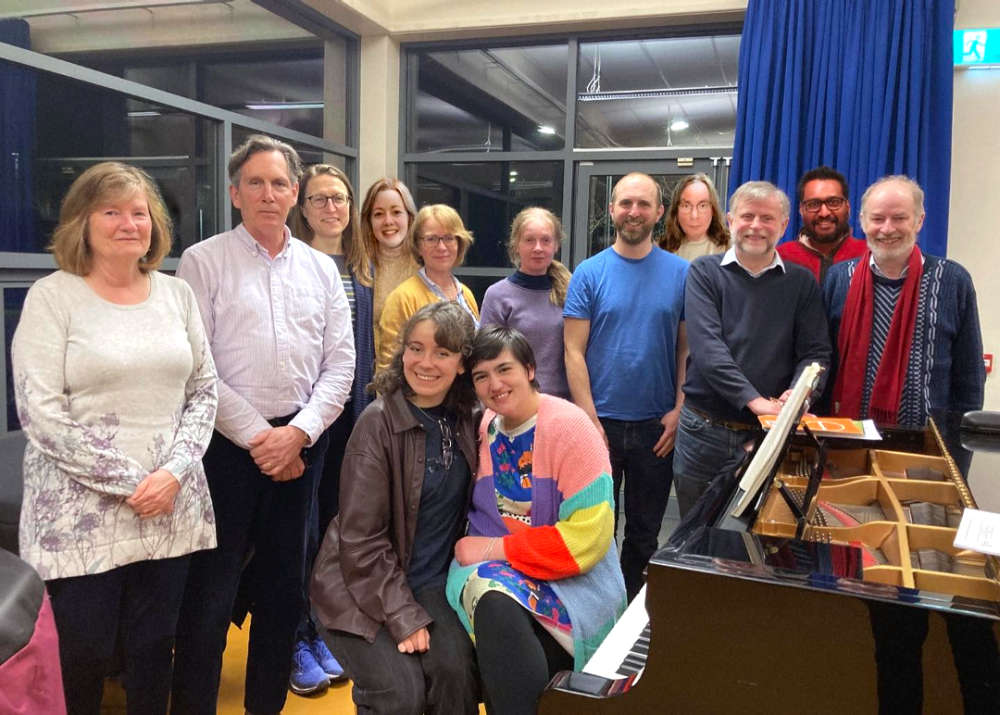 SOLOISTS SET TO SHINE DURING SPECIAL CHESTER PERFORMANCE OF HANDEL'S MESSIAH
SOLOISTS SET TO SHINE DURING SPECIAL CHESTER PERFORMANCE OF HANDEL'S MESSIAH
 Chester and Wirral Football League - Latest Results
Chester and Wirral Football League - Latest Results
 BLUES MATCH REPORT - BRACKLEY TOWN 3 - 1 CHESTER FC
BLUES MATCH REPORT - BRACKLEY TOWN 3 - 1 CHESTER FC
 Inspired Villages complete a 7,500-Mile Charity Cycling Challenge in aid of PROSTaid UK
Inspired Villages complete a 7,500-Mile Charity Cycling Challenge in aid of PROSTaid UK
 Jail term for man who stalked Chester's MP
Jail term for man who stalked Chester's MP
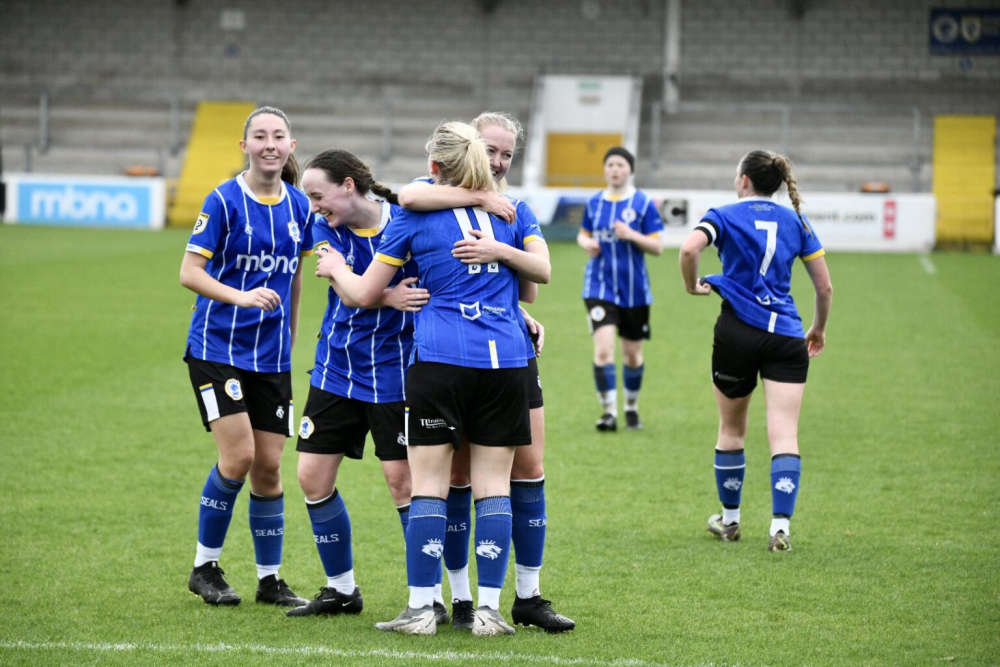 CFCW MATCH PREVIEW: WYTHENSHAWE v CHESTER FC WOMEN
CFCW MATCH PREVIEW: WYTHENSHAWE v CHESTER FC WOMEN
 BLUES MATCH PREVIEW: BRACKLEY TOWN v CHESTER FC
BLUES MATCH PREVIEW: BRACKLEY TOWN v CHESTER FC
 How to keep your garden healthy during hotter summers
How to keep your garden healthy during hotter summers
Comments
Add a comment